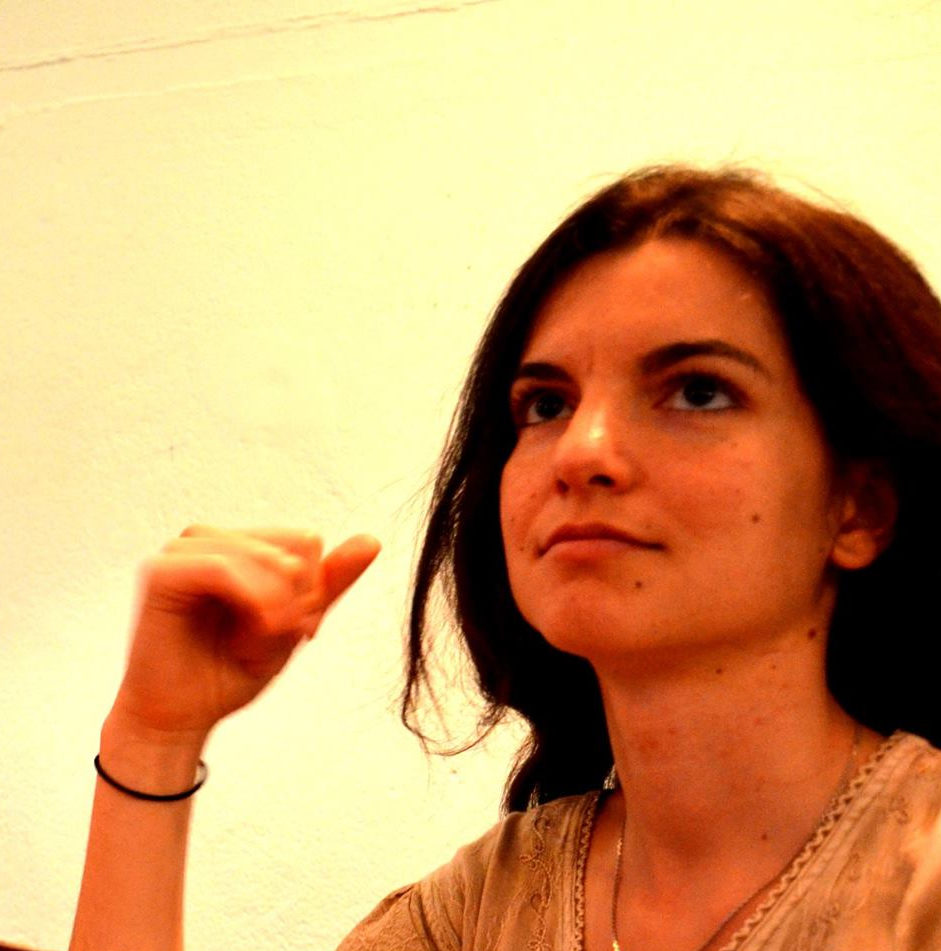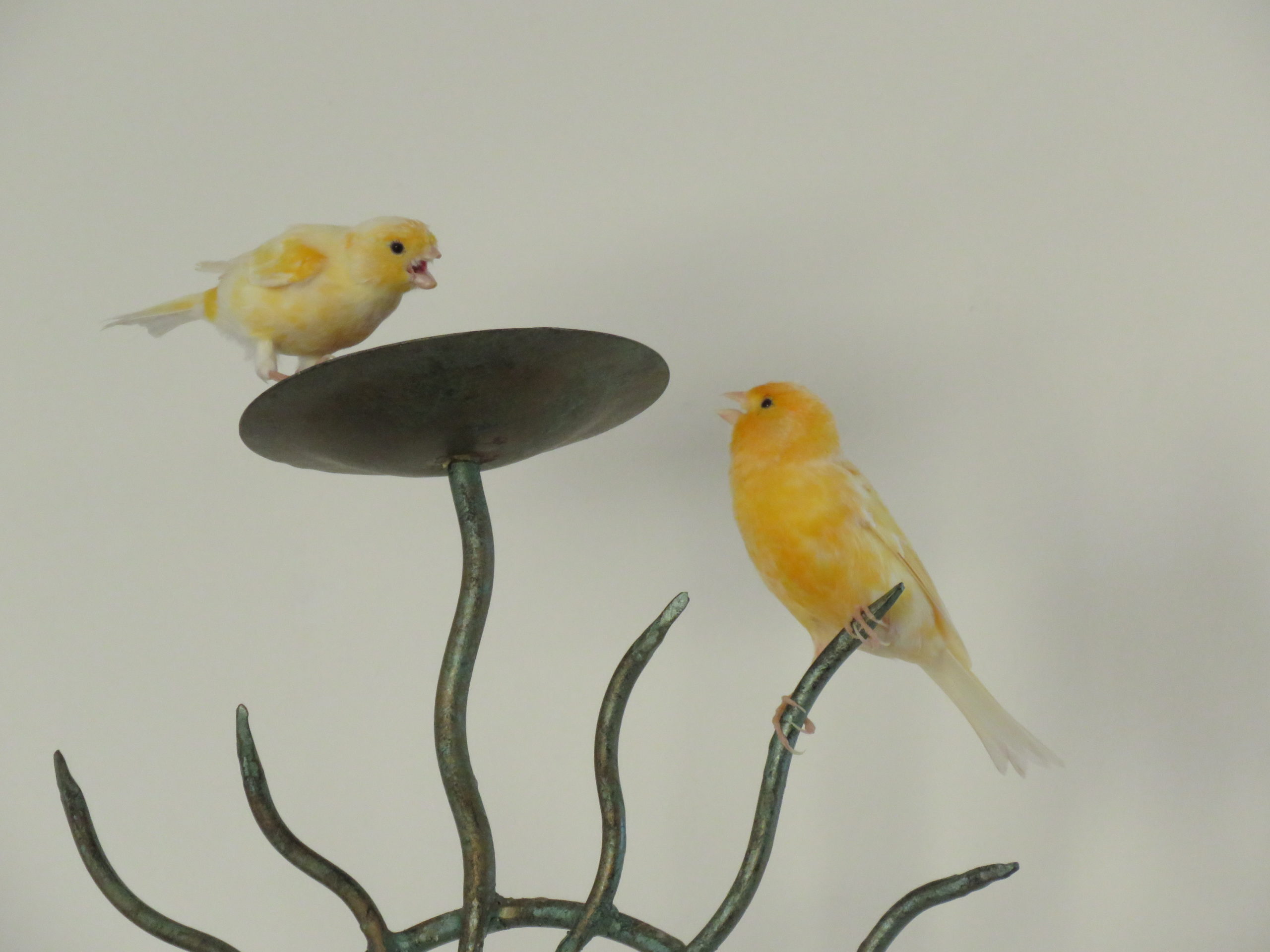I often have master students asking me for advice in finding a PhD position. I tried to make a list of things to look for in a supervisor, in this case before an interview. Comments are welcome, in particular if you don’t agree with something, or if you have more suggestions! See also this guide by Tara Brabazon.
It’s good to keep in mind that job interviews go both ways. You will spend at least three years with your supervisor, so you should be picky.
Here is what I came up with:
- do they have a vision and insight into their field? *
- do you get along well at a personal level? (trust your intuition)
- do you admire them academically? *
- are they technically strong? *
- do they care about their students?
- do they have time for students?
- are they relatively relaxed about rules? (if this is important for you)
- are they engaging in conversation outside physics? (idem)
* These things might be tricky to evaluate if you are relatively new to the field. Things that help:
- Read a couple of their papers, even if just to get an overview of what they do, and ask them questions about them: general questions about the significance of the problem and results, and technical questions about lemmas or proofs (for instance, if you didn’t understand a step). This will help you gauge their view and knowledge of the paper, and will also show your interest in their work.
- Ask them about their current projects. Ask why they are interesting questions. Ask detailed questions about their plans to tackle them. After the meeting, try to write down a summary of their arguments. See if they make sense. If the projects are not confidential, discuss them with someone you trust who has some experience.
- Ask them about their past research; ask them to tell you of a result that they are particularly proud of. (call this **)
- Try to find out how they are seen in the community. This is tricky for several reasons. Firstly their reputation is not always highly correlated with their performance as supervisors. It is also a delicate thing to find out, as no-one will want to tell a student what they think about a colleague. Finally, many researchers will have a personal bias, or simply not know very much about that person. Try asking objective questions like “what discoveries are they known for?” If they don’t know of any, discuss ** with them. Is this as relevant as framed by the prospective supervisor? Listen very carefully to what might sound like small unimportant drawbacks, like “X micromanages” or “X travels much”. Sometimes this is all that the person feels they can safely tell you.
- You might be able to find recordings of talks online. Do you like the way they explain a topic? And how they deal with the audience?
- Check out the group’s website and find whether past students finished their PhDs, and where they are now. I find the “former group members” section to be most enlightening.
Very important: talk to other PhD students in the same group. They will give you a more realistic idea of how life is there. Some questions to ask them:
- how often do you meet with the supervisor?
- at meetings with the supervisor, do you feel like they understand the problem and help guide you?
- do you leave meetings with new ideas?
- are you encouraged to collaborate with people outside the group?
- if the supervisor does not have much time, are there postdocs or older PhD students around, with whom you can discuss your topic?
- what do you do when you are stuck?
- do you mostly work alone? (I have to insist on this, as it’s #1 cause of unhappiness during a PhD)
- do you have some freedom to work on your own ideas, or do they make you follow their agenda very closely?
(in the beginning of your PhD you will want well-contained projects and close supervision, but as you develop you will want to explore ideas outside the original plan) - are there visitors around often? group seminars? a journal club?
- how is the teaching/admin workload?
- how is the pay, compared to local life costs? don’t underestimate the importance of this!
- how often do you go to conferences? if you find an interesting conference, would you be allowed to go?
- how are holidays and work hours controlled?
- where are former PhD students now?
- this should go without saying: do they ever make you feel uncomfortable? how?
- how is life in town? public transport? housing? things to do?
- can you take lectures? are there interesting lectures?
Pandemic special: In the current circumstances I’d put a big weight on “if the pandemic is to last for half of my PhD and I can’t meet the group in person, what is a location where I’d feel both safe and happy?” Think if it’s important for you to be within driving distance of family or loved ones, to have access to outdoors, good weather, decent healthcare, ability to work remotely from home, and so on.
The world is burning special: A PhD takes several years to complete, during which most students don’t have a lot of financial independence, savings, or a backup plan. It is *very* important to research the country where you’ll be and see if the legislation and political trends are likely to keep it a safe place for you during the duration of your PhD. At the moment (early 2022) many countries worldwide are on the verge of fascism, regressing reproductive and LGBTQA+ rights, stripping labour legislation, attacking the free press, and emboldening racism, xenophobia and religious intolerance. Don’t be afraid to turn down an offer on the basis of “that country is not safe for me”, and let the prospective supervisor know why.
Good luck!


No responses yet